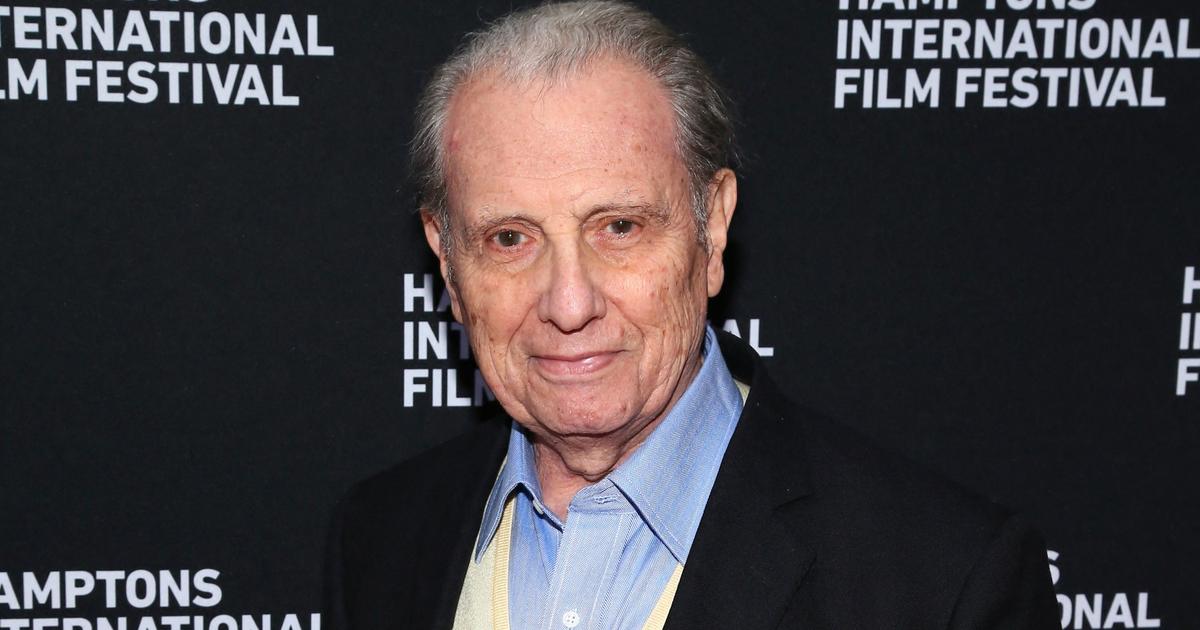Little known to the general public, he was one of the greatest photojournalists of the 20th century.
A Frenchman who settled in New York at a young age, Henri Dauman captured the changes in the United States for decades.
We also owe this talented portraitist, who died in September 2023, photos of the biggest stars: Marilyn Monroe, Elvis Presley, Alain Delon, Brigitte Bardot... A retrospective is dedicated to him from Saturday at the Museum of Photography in Nice.
His most famous photo remains that of Jackie Kennedy walking behind the coffin of her assassinated husband.
She has traveled the world.
All the emotion of the moment captured in this image does not escape Andy Warhol who will divert it and incorporate it into his work.
Also read: Henri Dauman, the photographer of the sixties, from Marilyn Monroe to JFK
Remaining French without ever applying for American nationality, Henri Dauman is in the front row to chronicle the historical events of the United States of the second half of the 20th century: the funeral of Kennedy, but also the struggle of black Americans for civil rights, the rise of feminism, the demonstrations against the Vietnam War, for the right to abortion...
Focus on America
“I photographed every piece of the puzzle of society to form the great American image
,” he declared in 2014 to
ActuPhoto
.
“You know, it's not difficult to report on Marilyn Monroe when she appears in a public event.
What made my success”
, he further explained,
“is that I had a different vision and that I did not photograph in the same way as the ten others there too”
.
Like this series of photos of Elizabeth Taylor in a trance at a boxing match in 1960. She chooses to turn her back to the ring throughout the fight to show it in the eyes and reactions of the Hollywood actress.
There he acquired his signature.
“When you watch my report, you have the impression of watching cinema.
I like to tell stories in a cinematic way
.
Also read: Henri Dauman, professional reporter
Photographer of the decisive moment at Cartier-Bresson, he works for the biggest titles in the American and European press (
Life, Newsweek, New York Times, Paris Match, Epoca, L'Express
...).
And is at the origin of the defense of the copyright of photographers across the Atlantic, which will generate substantial income for them.
From Montmartre to New York
Born on April 7, 1933 in Paris to Jewish parents originally from Poland, Henri Dauman grew up in Montmartre.
His father died in Auschwitz in 1942. He and his mother narrowly escaped the Vél d'hiv roundup.
He is hiding in the Paris region.
At the Morin family, declared
“Righteous Among the Nations”
in 2021.
After the war, fate still raged against him.
His mother died, along with five other people, poisoned by a pharmacist's adulterated medicines.
Now an orphan at thirteen, he apprenticed in photography in a studio in Courbevoie, becoming the assistant of a fashion photographer.
At 17, he decided to try his luck in New York by joining, during the winter of 1950, his uncle from America, named... Sam. With only his Argoflex camera as his luggage.
Penniless, he first worked for a bra manufacturer before becoming a reporter for the newspaper France-Amérique.
He then specialized in photos of personalities, developed in an improvised darkroom in his kitchen.
The photos of
“little Frenchy”
, as he is called, were quickly spotted by those in charge of
Life
.
He began working in 1958 with the magazine, then at its peak with 8.5 million copies sold, then with other major titles from around the world.
“Be in the right place at the right time
,” he insisted.
By delivering something else.
“A good photo is a photo of someone with whom you were able to have a good conversation first”
.

